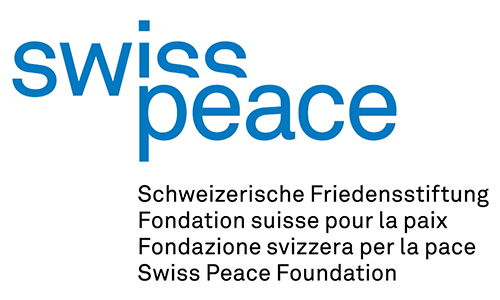Masculinities, Marginalization, Militarism (virtual course, 6 half-days)
From academia to practical programming, gender has often been equated with “biological sex” and been used as a synonym for women. This undermines the real analytical and emancipatory potential of gender analysis. This course provides counterweight to this tendency, highlighting the role of masculinities in conflict and peacebuilding. To counter common misconceptions about gender, the course will start with an introduction to its theoretical aspects, in particular the idea of multiple masculinities. It will then focus on three specific areas where the connections between masculinities, marginalization and militarism can be observed, including concrete approaches aimed at transforming harmful masculinities and their impact. First, it will discuss the particular impact of conflict on LGBTQI+ individuals and communities and explore examples in policy-making and practical programming that alleviate this impact. In a second step, it will critically examine the connection between masculine ideal-types and violence in fragile settings, with a particular focus on how to diagnose vulnerabilities and strengthen resistance to engaging in violence. From there it will move to understanding how sexual violence is used against men in conflict, and look into countering measures in policy and practice and the challenges associated with them. Finally, through several case studies the course will provide concrete guidance on how to integrate a transformative approach to masculinities in practical analysis and programming. Throughout the course, participants will reflect on how these concepts and mechanisms relate to their own contexts.
In this course you will:
- Learn to understand multiple masculinities as an integral part of gender theory;
- Examine the connections between masculinities, marginalization and militarism as a driving force behind violence in peace and conflict times;
- Learn about concrete approaches to transform harmful masculinities and their impact from experienced practitioners;
- Reflect on how these concepts, mechanisms and approaches relate to your own context;
- Exchange experiences and become part of a community of practice.
Candidates must have:
- a university degree in a related discipline such as political science, law, economics or sociology
- at least two years of professional experience
- a good command of English.
Unfortunately, we cannot provide scholarships for this course. Participants (or their employer) must be able to cover the tuition fee.
Location
To apply for the course, please click on the button. Apply now
| Topics | |
| Languages | English |
| Evaluation | Confirmation of Participation |
| Target Audience | |
| Methods | |
| Accreditation | |
| Certificate |
If you have any questions about this course, please get in touch.
In order to send a message, please click on this button. Get in contact

